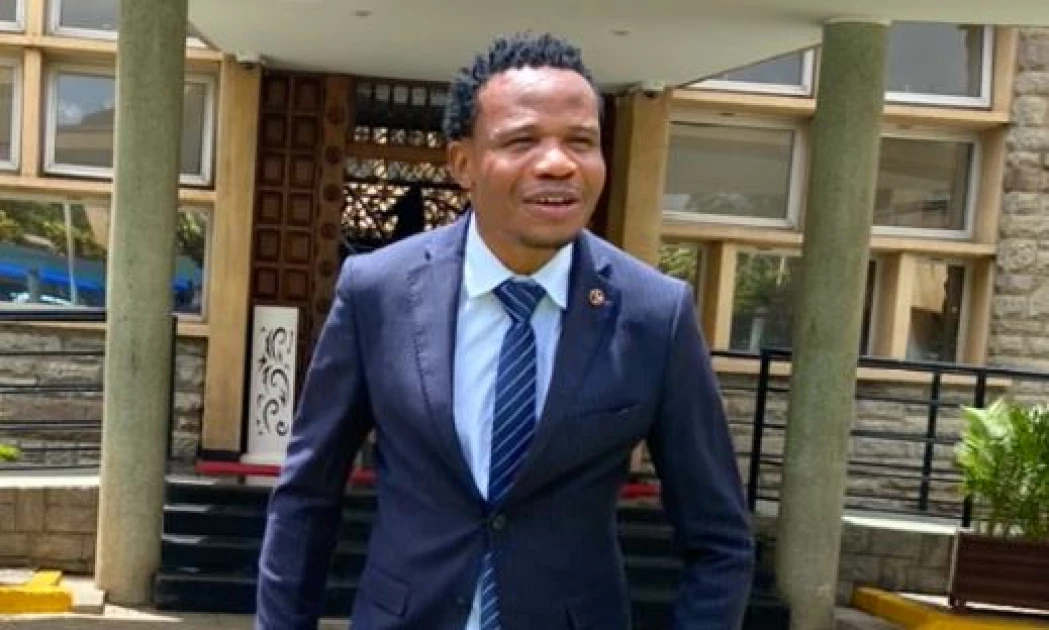In a sharp rebuttal to critics of Kenya’s escalating debt, Irungu Nyakera, the chairperson of the Kenya Medical Supplies Authority (KEMSA), has laid bare the severe financial strains gripping the nation.
In a detailed post on social media platform X on Friday, July 19, 2024, Nyakera underscored the staggering daily interest payments that Kenya faces on both domestic and foreign loans, amounting to Ksh2.8 billion.
Nyakera’s comments come amid growing public discontent over the government’s borrowing spree, with many Kenyans questioning the sustainability of such financial practices.
The KEMSA chairperson provided a sobering breakdown of the country’s fiscal situation, noting that the government has two primary methods of raising funds: taxes and borrowing.
“Let’s have an honest conversation about debt. The government has two main ways of raising funds – taxes and borrowings. When taxes don’t match expenditure, government borrows,” he wrote.
Nyakera stated that the gravity of the debt situation is reflected in the allocation of collected taxes, with 61% directed towards servicing loans—loans largely accrued by previous administrations.
“For Kenya, things have not been rosy. We have been borrowing even to meet our recurrent obligations, contrary to provisions of PFM Act. Of all the taxes collected, 61% goes to paying loans – most of which were borrowed by the previous regime,” Nyakera wrote.
Adding that; “During the FY23/24, we paid 631bn on domestic debt INTEREST and 230bn on external debt INTEREST. In this current year, we are expected to pay 750bn for domestic debt INTEREST and 260bn for external debt INTEREST. In fact, this translates to 2.8bn a day on INTEREST payments ALONE.”
Unseating Ruto
Nyakera’s pointed remarks were not just about numbers but also carried a stern message to political factions contemplating unconstitutional means to remove President William Ruto from office.
He advised those seeking to unseat Ruto to devise ways of raising Ksh3 billion a day to pay off Kenya’s daily interests on loans before they can start salivating after the presidency.
“To those that want to unconstitutionally take over from the president imagining that all he does is sit at State House drinking tea all day, start figuring how you will raise the 3 billion a day before you do any development work. Good luck,” Nyakera wrote.
This frank disclosure has intensified the debate over Kenya’s debt crisis and the economic policies of President Ruto’s administration.
Critics argue that continued borrowing is untenable and burdens future generations, while supporters assert that borrowing is necessary to spur development and meet current fiscal demands.
The conversation about Kenya’s debt is not new but has gained urgency as the country’s economic challenges deepen.
Nyakera’s detailed exposition offers a glimpse into the financial pressures that the Ruto administration contends with daily, casting a stark light on the complexities of governance in a debt-laden economy.
As Kenya navigates these turbulent financial waters, the discourse on debt, governance, and economic strategy will likely intensify, with Nyakera’s revelations adding fuel to an already heated debate.










